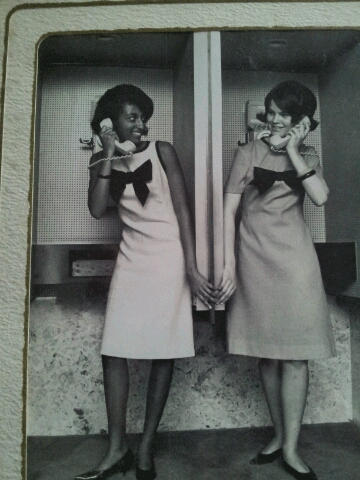I’ve just started reading Imagined Worlds, the 1997 Freeman Dyson entry in the Jerusalem-Harvard Lecture series. It’s something of a summation speech of Dyson’s remarkable–and sometimes perplexing–career, even though he is thankfully still with us and still thinking. If you’re vaguely familiar, it’s the book with the tag line “Imagine a world where whole epochs will pass, cultures rise and fall, between a telephone call and a reply.” Telephone calls, remember those?
I mention it because Imagined Worlds is one of the 76 choices Stewart Brand included on his 2014 Brainpickings reading list of books to “sustain and rebuild humanity.” The first 20 choices:
- Dirt: The Erosion of Civilizations by David R. Montgomery
- Meditations by Marcus Aurelius
- The Odyssey by Homer translated by Robert Fagles
- The Iliad by Homer translated by Robert Fagles
- The Memory of the World: The Treasures That Record Our History from 1700 BC to the Present Day by UNESCO
- The History of the World in 100 Objects by Neil MacGregor
- The Landmark Herodotus: The Histories edited by Robert B. Strassler
- The Landmark Thucydides: A Comprehensive Guide to the Peloponnesian War edited by Robert B. Strassler
- The Complete Greek Tragedies, Volumes 1-4 edited by David Grene and Richmond Lattimore
- The Prince by Machiavelli, translated by George Bull, published by Folio Society
- The Nature of Things by Lucretius
- The Art of the Long View: Planning for the Future in an Uncertain World by Peter Schwartz
- The Way Life Works: The Science Lover’s Illustrated Guide to How Life Grows, Develops, Reproduces, and Gets Along by Mahlon Hoagland and Bert Dodson
- Venice, A Maritime Republic by Frederic Chapin Lane
- The Western Canon: The Books and School of the Ages by Harold Bloom
- The Map Book by Peter Barber
- Conceptual Physics by Paul G. Hewitt
- The Encyclopedia of Earth: A Complete Visual Guide by Michael Allaby and Dr. Robert Coenraads
- The Foundation Trilogy by Isaac Asimov
- Star Maker by Olaf Stapledon
Tags: Freeman Dyson, Stewart Brand

